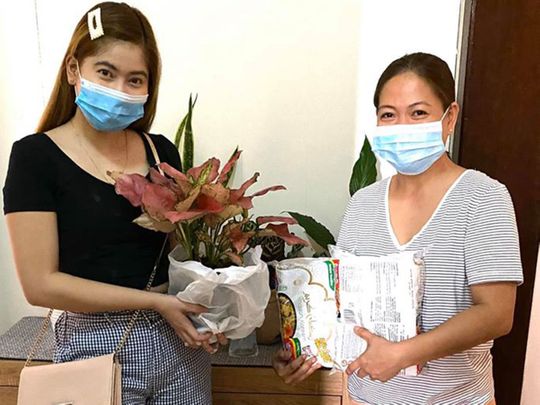
Dubai: A pair of Louis Vuitton and Burberry handbags in exchange for several bags of 5-kg rice; an Osmo Mobile 3 Stabiliser for 15 pieces of canned meat; a baby cot for infant formula; several pairs of men’s shoes for cartons of bottled water; a hand-held dust buster for toothpaste; and hardbound books plus indoor plants for bags of groceries.
These were just some items UAE residents exchanged – bartered to be exact – with one another in the past couple of weeks. While others, who had no items to barter, offered their services to deliver the goods and grocery items to families badly-hit by the coronavirus (COVID-19) pandemic.
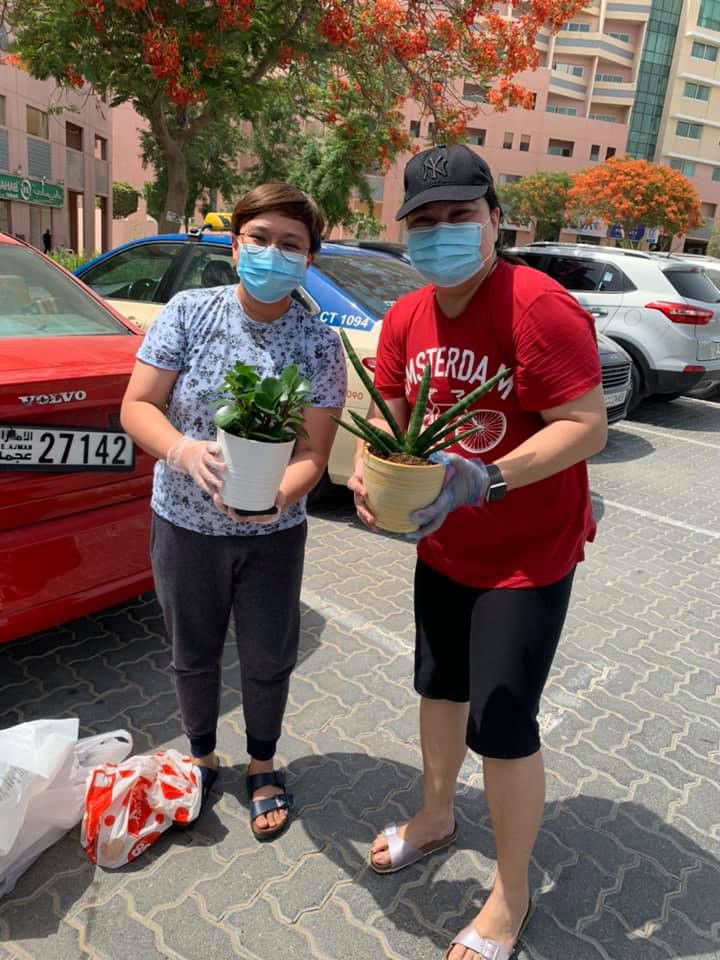
Barter system is an old method of exchange – used long before money was invented, when people exchanged goods and services in return for other services and goods.
Nowadays, residents have turned to bartering not only to engage in cashless transactions and find value for reciprocity but also to do acts of charity.
In Dubai, a Facebook group called Amicable Barter Community in Dubai (ABCD) already has over 47,000 members since its creation on May 22; while more than 1,500 Abu Dhabi residents have joined the Abu Dhabi Barter Community (ADBC) beginning May 25.
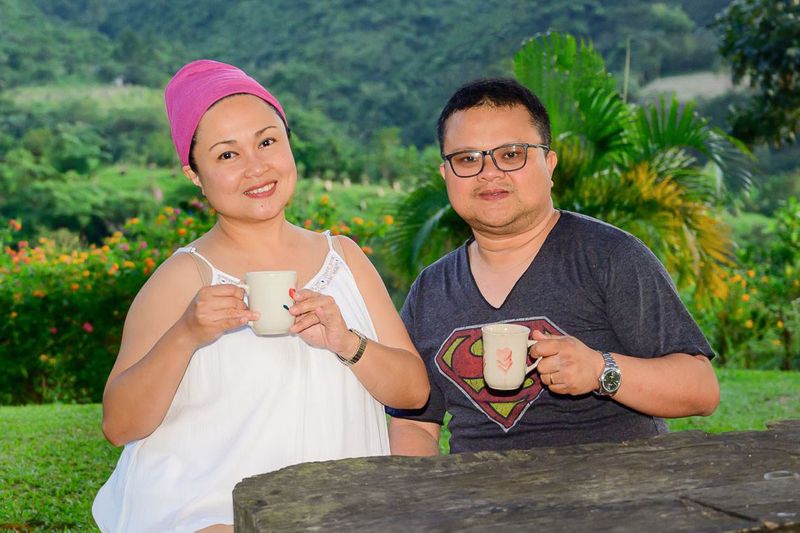
“As residents face economic difficulties due to COVID-19, they turn to an old solution to the current economic situation, when cash is hard to come by and even more difficult to stretch out,” the founders of two barter groups in Dubai and Abu Dhabi told Gulf News.
“In tough times like now, our (ABCD) barter group is a place where one may find items he or she needs without spending his or her precious cash,” said Lou Parroco, who founded ABCD with her husband, Cesar.
“ABCD is a community of people who amicably find value in bartering, or in offering and obtaining goods by direct exchange without the use of currency. But the most amazing part is seeing residents, couples or groups who have been offering needy members with packs of grocery items, toiletries and rice without asking anything in return,” Parroco emphasised.
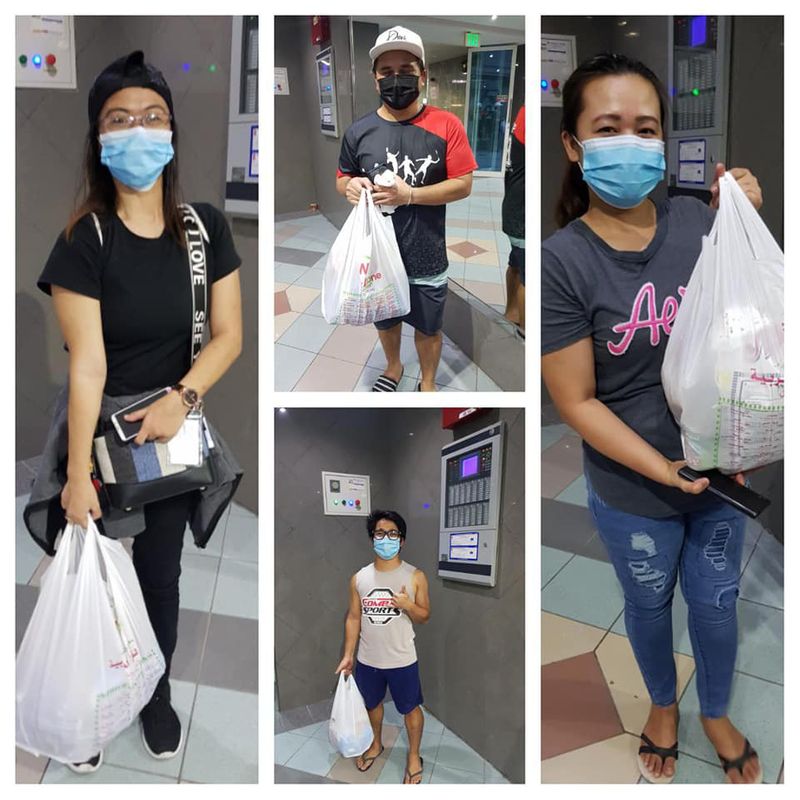
She added: “There are also members who offer to distribute the goods as their form of helping. The page has been a source of help for jobless members of the community.”
According to Parroco, the most common items requested by members to barter their items were rice, baby formula, detergent powder, indoor plants and canned goods. “We saw old books exchanged for bath soap and shampoo; indoor plants bartered for two kilos of glutinous rice; a bed for an infant formula; and a Louis Vuitton iPad cover for two bags of grocery items that were donated to people who lost their jobs,” she shared.
Help for the needy
Explaining the origin of the group, Parroco told Gulf News: “ABCD is a ‘sequel’ to my Facebook Live back in April when I traded some of my personal favourite items, including three of my Louis Vuitton bags, a limited edition Burberry bag, Van Cleef & Arpels accessories for sacks of rice which were sent to needy families back home (in the Philippines) who were severely affected by the sudden lockdown.”
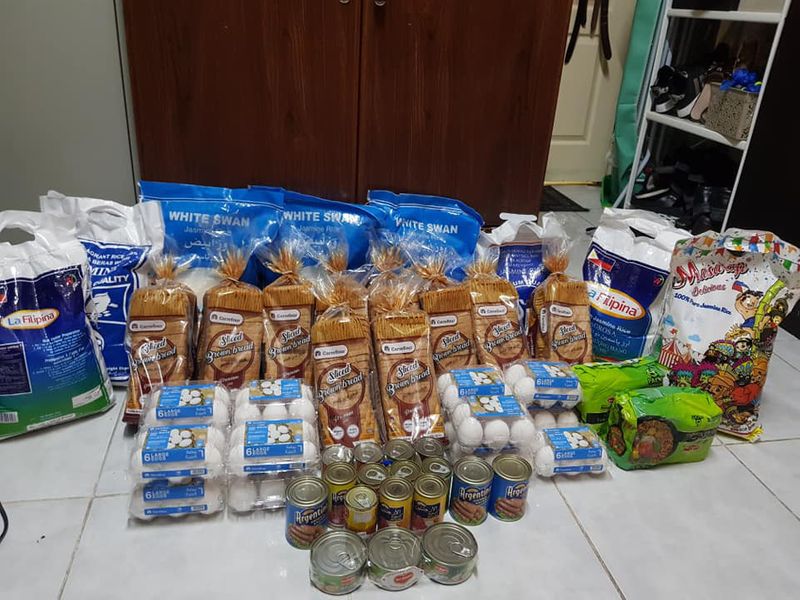
“That has drawn support from friends in other countries and we’ve managed to send more goods to over 700 families in the Philippines. From then on ABCD was formed. To some, this may just be another on-line platform to make value of items they have already shelved, but to others, especially those who suffered lost of income, this group became a channel where they can fetch rice or grocery items to feed their family by bartering any item,” she added.
In under two weeks, ABCD has seen more than 6,000 posts and garnered close to 215,000 comments and reactions, according to Parroco.
But there are strict guidelines
“We ensure that our rules are followed to protect the people. We strictly decline posts that contain home-prepared food, baked or cooked, medicines, counterfeit items, pets, services like massage, manicure, pedicure, hair cutting, graphic designing, etc and COVID-related items like face masks, sanitisers, disinfecting wipes and tests kits,” Parroco pointed out.
“We strictly do not allow buying, selling, promotion, solicitation and spamming and we encourage members to be courteous with their language; no sarcasm, no bullying,” she added.
Close monitoring
The people behind Abu Dhabi Barter Community (ADBC), Yen Cantero, Lloyd Arceo and James Morales, are also hands-on in monitoring their group.
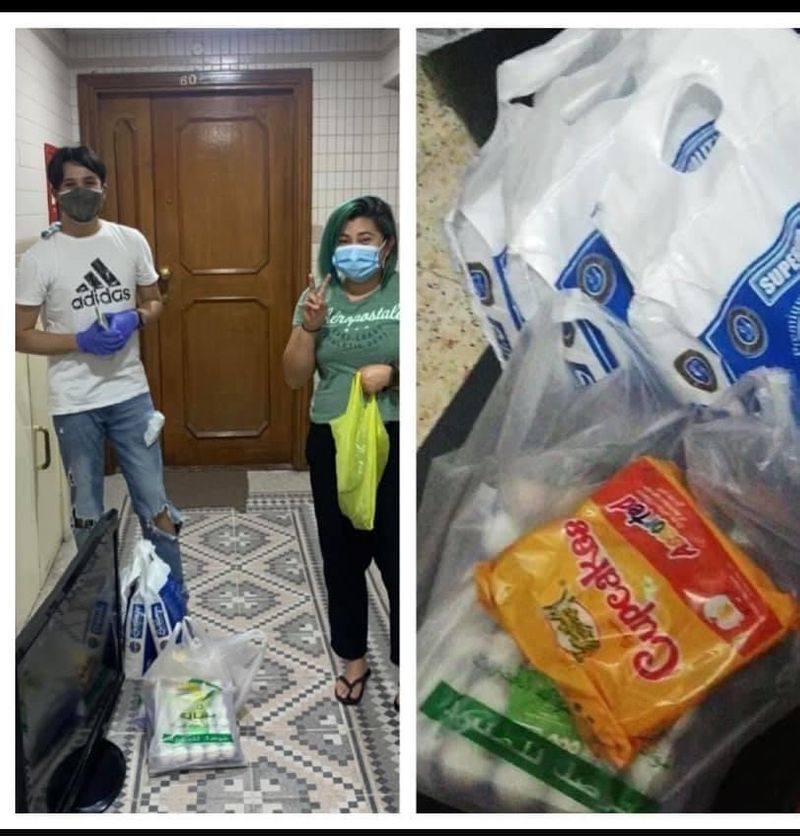
“We carefully check the social media accounts and previous engagements before approving any member to join the group,” Arceo said.
Although the majority of their members are Filipinos, Arce added, they encourage members to transact in English to find a common language since the group is open to all nationalities.
“We also encourage members to be vigilant against spamming and fraudulent transactions,” he added.
Arceo noted: “Initially, some people bartered out of curiosity but now they barter to help other people, especially families that need groceries and don’t have much to trade.”
“We’ve also noticed a lot of people were able to save money when they bartered and they’ve also made new friends in the process. Our goal is to help others and we will continue to do bartering even after the pandemic,” he added.








